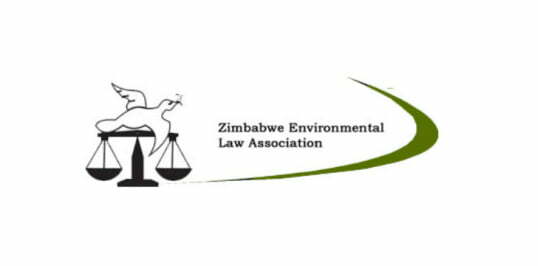The Zimbabwe Environmental Law Association (ZELA) has emphasized that adopting human rights and environmental due diligence is crucial for communities to benefit from mining activities and for companies to access markets for their mineral products outside Zimbabwe.
By Rudairo Mapuranga
Issues of due diligence are now topical as companies are unwilling to buy minerals that are conflicted or not sourced or mined ethically.
Speaking to Mining Zimbabwe on the sidelines of a breakfast meeting organized by ZELA at Holiday Inn Harare, titled “Development of Mandatory Human Rights and Environmental Due Diligence in Zimbabwe,” ZELA’s Obert Bore said due diligence measures should be incorporated into law. Therefore, mining companies should identify issues across the value chain, considering health, social issues, and environmental factors.
“The key takeaway is that human rights and environmental due diligence must be comprehensive. We look at human rights issues related to health, such as the impacts of mining on the health of communities. This means that when Zimbabwe adopts a human rights due diligence law, mining companies should be expected to identify issues across the value chain, considering health, social issues, and environmental factors. These due diligence measures should be integrated into existing laws,” Bore said.
Bore emphasized that due diligence frameworks should be incorporated into the legislation in the amendment process to ensure that companies address community concerns and uphold environmental human rights.
“For example, as we amend the Mines and Minerals Act, we could include provisions that compel mining companies to undertake human rights due diligence and incorporate these into the Minerals Amendment Bill. Similarly, the Environmental Management Agency (EMA) is amending the Environment and Management Act, and they can include aspects of environmental due diligence as part of the environmental impact assessment. It’s crucial to ensure these processes are continuous. Due diligence is not a one-time event but an ongoing process. Whenever violations are identified, companies should be expected to remediate them and report on how they have addressed any violations within their supply chain and operations,” he said.
At present, Zimbabwe does not have a law that compels businesses operating in the country to conduct human rights and environmental due diligence. The United Nations Guiding Principles on Business and Human Rights (UNGP) is an international framework that expects companies to undertake human rights due diligence. Any country can adopt these guiding principles to compel companies to conduct human rights due diligence.
However, Zimbabwe has not yet domesticated these guiding principles by adopting a national action plan on business and human rights. This means that, currently, Zimbabwe does not have a framework to enforce human rights and environmental due diligence.
The breakfast meeting was attended by representatives from the Ministry of Mines and Mining Development, the Parliamentary Portfolio Committee on Mines and Mining Development, the Environmental Management Agency (EMA), civil society groups, and individuals.
.png)




